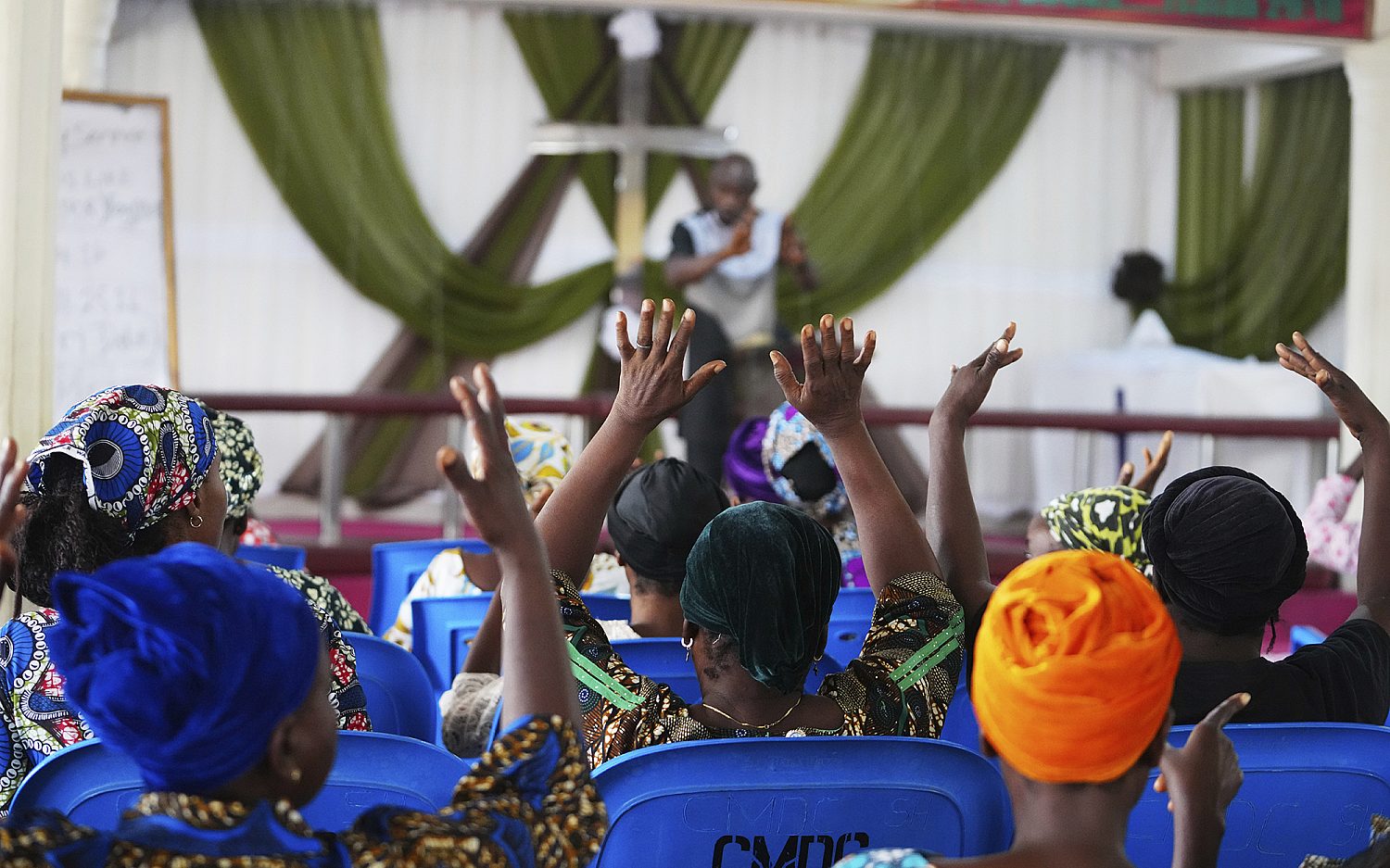A vote for stability
In provincial elections Saturday, Iraqis cast votes they hope will return control of the country to the people
They say all politics is local, and Iraqis on Saturday are taking that seriously.
The country's first elections since 2005 held Saturday are provincial elections where voters in 14 of Iraq's 18 provinces went to the polls to select provincial council members. Their votes, however, are crucial for the country as a whole. Local leadership is key to the country's future stability-politically, socially, and culturally. The provincial councils, which after Saturday's elections hopefully will reflect local ethnic makeup and sentiment, are seen as key to further reducing violence and restoring the country's devastated infrastructure.
Thirteen Iraqi provinces are now secured by the Iraqi military, having been turned over by U.S. forces in the last year. Over 15 million Iraqis out of an eligible 17.2 million have registered to vote Saturday. In the 14 provinces with election over 14,000 candidates are competing for 440 seats. Unlike in the 2005 elections, when Iraqis voted by party slate, on Saturday they are casting votes for individuals. The elections are one more step in returning control of the country to the people. But to do that voters in several provinces are likely to upset the status quo-and that could spark temporary unrest.
Poll-watchers are paying close attention in Mosul, Baghdad, and Diyala, provincial capitals where the makeup of councils does not represent the ethnicity of the population, largely due to the Sunni boycott of the 2005 elections.
Observers in particular are watching Nineveh Province, where Sunni Arab leaders are expected to take control of a council that has been dominated by Kurds since 2005. Kurds know they will lose a number of seats in Nineveh, whose capital is Mosul, as well as in Diyala and Salahaddin provinces, where Sunnis stand to make a comeback at the polls. The question will be whether security will improve in what remain three of the most restive provinces in the country. That question is urgent for the Nineveh's Christian minority, which has been under attack since last October. More than a dozen Christians have been killed and thousands have fled Mosul and surrounding villages since then. Many believe the violence has been the work of Sunni insurgent groups because Christians have tended to support Kurdish leadership-both politically and militarily-in the province.
Christians in Mosul expect to be losers Saturday. Last fall the Iraqi parliament overturned Article 50 of the constitution, which guaranteed minority seats on provincial councils. In Nineveh that meant six seats on the 40-member council were reserved for Christians. But a number of members already have been intimidated into stepping down: 11 council members have been assassinated since 2004. In Saturday's election a minority coalition of Christians, Yezidis, Kurds, and Arabs hope to retain some seats against the larger Sunni parties, and the KDP, or Kurdistan Democratic Party, whose local leader Khasro Goran is deputy governor, has campaigned hard on the streets and airwaves in the province.
Further south, competing Shiite interests are battling for the upper hand also. There the Shiite party, known as ISCI and led by Abdul Aziz al-Hakim, is running hard against the Dawa party of Iraq's Prime Minister Nouri al-Maliki. In this election ISCI has sought to downplay its historically close ties to Iran, and a defeat for Dawa in Maliki's home province would have obvious ramifications in Baghdad.
A U.S. official in Karbala province told me Saturday morning that it's too early to tell which party is ahead. But so far "there are no reports of violence, intimidation, or fraud-just isolated incidents of people not being on the voting rolls at their designated polling stations," he said.
There are reports Saturday morning that Kurds have stormed an election office in Khanaqin, a city about 80 miles northeast of Baghdad, to protest thousands of Kurds being left off voting lists. They were turned back, officials say, and there were no reports of serious injuries.
So far four certified candidates have been killed in the election run-up: a first-time Sunni candidate gunned down in Mosul along with two other Sunnis, and a Shiite candidate running for office south of Baghdad.
U.S. and Iraqi security have essentially sealed the country for election day. Borders are closed and curfews have been in effect. But in Baghdad there were boys playing soccer on the streets, as restrictions have been eased so that voters can get to the polls, and the polling had been extended until 6 p.m. local time (10 a.m. in New York). Officials say it may be days before results are fully known. But many Iraqis hope that Saturday's polling is one step on a road to a government of the people.
An actual newsletter worth subscribing to instead of just a collection of links. —Adam
Sign up to receive The Sift email newsletter each weekday morning for the latest headlines from WORLD’s breaking news team.





Please wait while we load the latest comments...
Comments
Please register, subscribe, or log in to comment on this article.